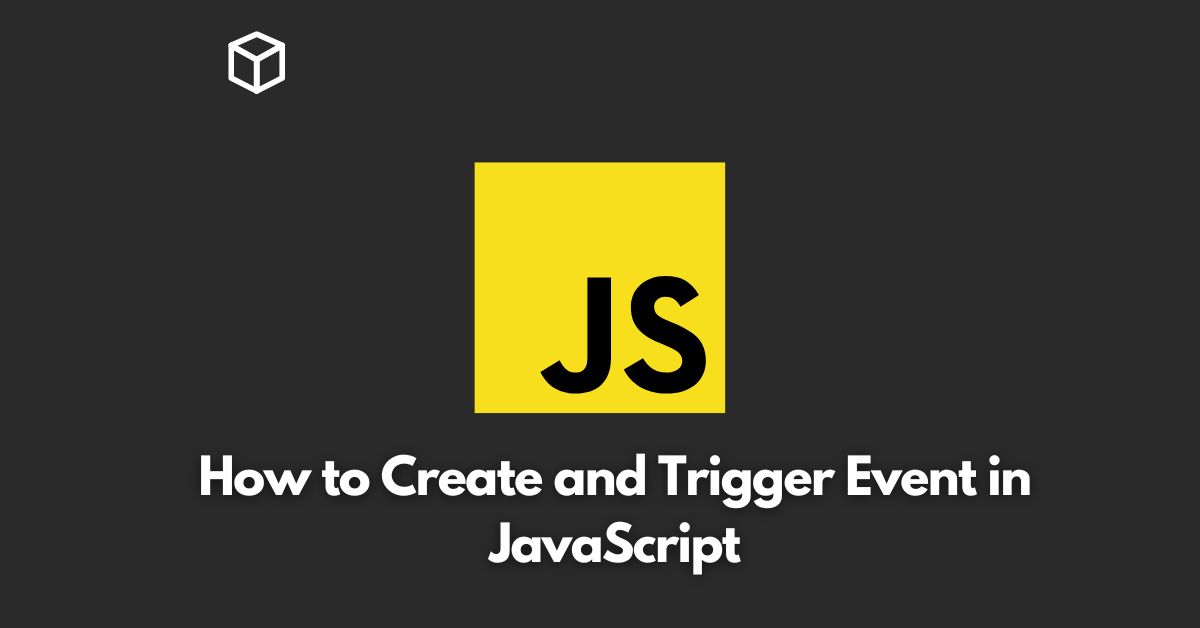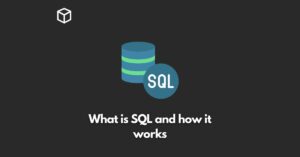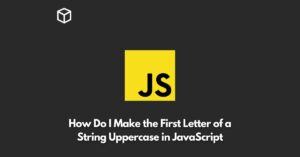JavaScript is a dynamic language, and events play a crucial role in making the web dynamic and interactive.
Understanding how to create and trigger events in JavaScript is a key aspect of developing dynamic web applications.
In this Javascript tutorial, we will dive into the world of JavaScript events, and learn how to create and trigger custom events, and how to handle them with event listeners.
What is an Event in JavaScript?
An event in JavaScript is an action that occurs in the browser, such as a user clicking a button, a page being loaded, or an element being updated.
JavaScript provides a way for developers to respond to these events, by using event handlers and event listeners.
Creating Custom Events in JavaScript
Custom events allow developers to create their own events, and trigger them whenever they like.
To create a custom event, you can use the CustomEvent constructor, and pass in a few parameters.
The most important parameter is the type, which is the name of the event, and will be used to identify the event later on.
const myEvent = new CustomEvent('myEvent', {
detail: {
message: 'This is a custom event'
}
});Triggering Custom Events in JavaScript
Once you have created a custom event, you can trigger it by calling the dispatchEvent method on an element.
document.querySelector('#myButton').dispatchEvent(myEvent);Handling Custom Events in JavaScript
To handle custom events, you need to use event listeners.
Event listeners are functions that are triggered when a specific event occurs.
document.querySelector('#myButton').addEventListener('myEvent', (event) => {
console.log(event.detail.message);
});In this example, the event listener is triggered whenever the myEvent event is dispatched, and logs the message from the event.detail property.
Conclusion
JavaScript events play a crucial role in making the web dynamic and interactive, and understanding how to create and trigger custom events is an important part of developing dynamic web applications.
With custom events, developers have the power to create their own events, and respond to them in creative and innovative ways.




